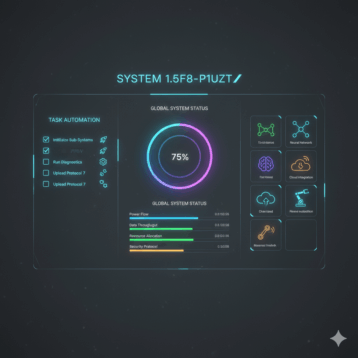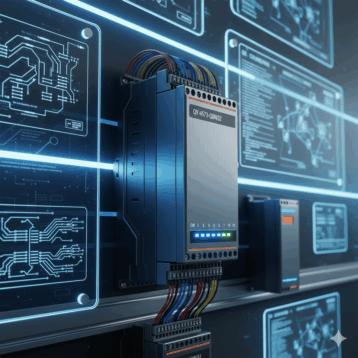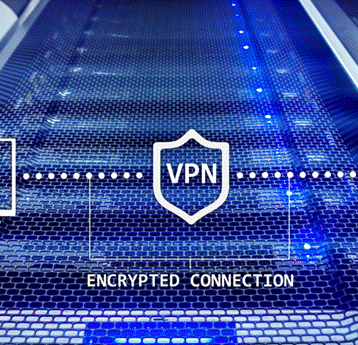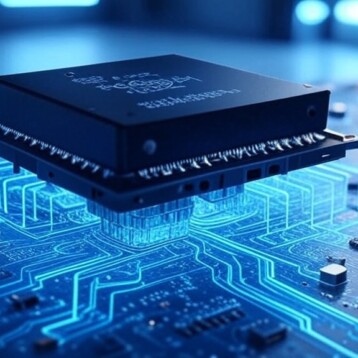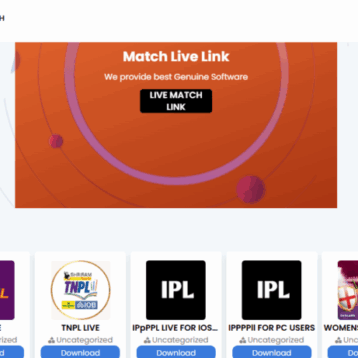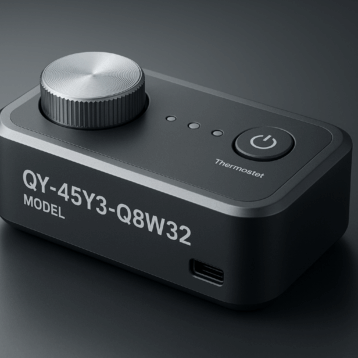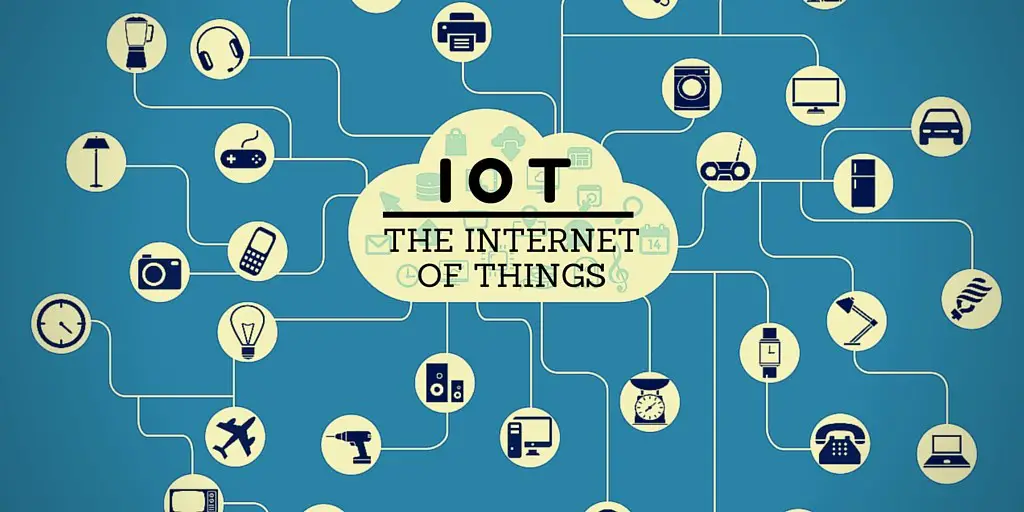
Throughout history, great thinkers have been providing evidence that in this universe, everything is connected. However, few of them would have had the Internet of Things in mind. In fact, the total implications of it are unclear to many of today’s brilliant minds. But as it pertains to your business, the Internet of Things is showing more than great promise – it’s the new Industrial Revolution.
What Is the Internet of Things?
Do you work as hard as you did ten years ago? Most likely, and maybe even harder. This is because the convenience of modern life has made room for us to be ever more industrious. And the intelligence that has brought us more efficient products is the Internet of Things (IoT).
Think about everything you own that has the word “smart” in front of it. That’s IoT. It’s your phone, your thermostat, your light bulb, your vehicle. Any object that can communicate with a device via a wireless connection.
It collects and delivers data, it can be adjusted or operated remotely, and most astonishingly, it can sometimes learn to do things the way you like it done. It is also very secure considering the rise of VPN WiFi routers.
In the 1950s through the 1980s, TV shows and movies would depict a futuristic home where your lights came on, your coffee was brewing, your virtual assistant was waking you up – all without you ever lifting a finger. This theme was predictive, as that’s what IoT does – appliances and devices talk to one another, executing processes with or without a prompt.
What IoT Can Do for Your Business
The impacts of IoT are already quite evident in business. Data, our favorite innovation, is brought to us by IoT technologies. This has greatly enhanced customer experience since we now know things about individual behavior that was previously a mystery. IoT lets us know what the customer wants, what they’re most likely to search for next, and more.
When it comes to shipping, IoT satisfies both the seller and the buyer. Businesses holding inventory in warehouses can see associated expenses plummet as IoT effectively monitors this end of things. Customers no longer expect a general estimate as to when their item will arrive but can track its journey and ascertain its arrival down to the hour.
As mentioned, we still do a lot of work, but that work is increasingly taking place outside of a traditional work environment. IoT makes it possible to communicate with and monitor the activity of workers that are located practically anywhere.
What does it mean to have the data you need without being tied to one spot? What does it mean to essentially have an all-knowing employee who doesn’t get a bi-weekly paycheck? It means that a lot of processes instantly become faster and more cost-effective, and this is why IoT isn’t going anywhere.
There’s still much more to be addressed with IoT, namely security. With data comes the threat of too much transparency, as well as breaches. Even so, IoT is rapidly taking hold is every industry, from healthcare to manufacturing, from utilities to agriculture. Are you ready to stay competitive with IoT?

